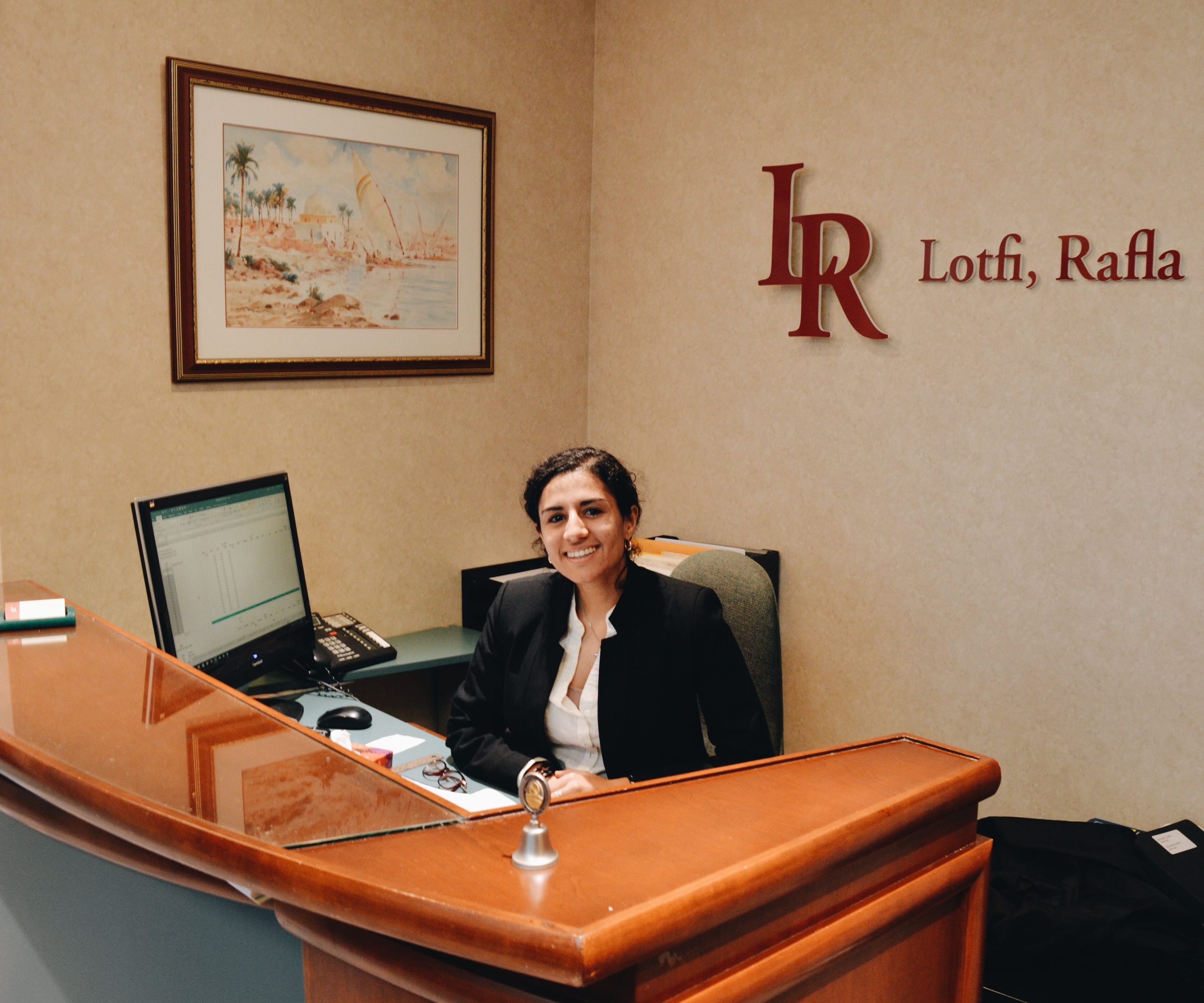
The shareholders may be personally responsible for the company’s debts where they provide personal guarantees to creditors of the company or where they incur a statutory liability through their actions or non-actions as officers or directors. While this publication is primarily directed to the tax implications of incorporation, the limited liability protection is an important consideration. A shareholder must remember that an incorporated company is a separate and distinct person.
It is not uncommon for shareholders of closely held companies to believe that they are free to deal with corporate owned assets as if they were personally owned. Shareholders must respect the fact that the corporation is a distinct person that can transfer assets to or from its shareholders so long as the transactions occur at FMV. If the shareholder fails to respect the separate ownership of corporate assets, CRA may assess a taxable benefit to the owner based on the FMV of assets used or removed from the company. In addition, the company will be liable for income tax on the gain that would have been realized if it had sold the asset to the shareholder.
Incorporation Of A Company – Limited Liability
An individual may carry on business as an unincorporated proprietor (discussed in chapter 3) or as an owner of a legally incorporated company. In the latter scenario, the owner incorporates a company to carry on the business while he/she manages the day-to-day business activities.
An incorporated company is treated as a person that is separate and distinct from its shareholders. The name of an incorporated company will include words such as “limited”, “incorporated” or “corporation” thereby placing creditors on notice that the settlement of their claims is restricted to the assets of the company and that the shareholders’ assets will not be available for this purpose. That is, the shareholders’ personal loss will usually be restricted to the amount invested in the company should the corporation suffer a financial reversal and default on its debts.

Business Plan
An owner-manager should carefully prepare a business plan and budget for a new business venture. From a management perspective, the business plan provides the owner-manager with important information on cash flow requirements for the start-up period of operations as well as the anticipated financial results of those business activities. The business plan should be compared to your actual results and updated as circumstances change. If start-up losses are anticipated, the owner should consider operating
the business as an unincorporated proprietorship. This way, the owner would deduct the annual operating losses from other sources of income thereby saving personal income tax. Start-up losses incurred by the corporation are trapped inside the company and do not reduce personal income. Business losses incurred by a corporation may be applied against corporate profits for the previous three taxation years and the twenty subsequent taxation years.

Fiscal Year End
An owner-manager may select a fiscal year end for his/her new corporation without regard to the year-end adopted by the former business. Once a fiscal year end has been adopted, the corporation may not change the yearend date without the express written approval of CRA (Canada Revenue Agency), which requires a “business reason” for the change.
A further consideration for the selection of a corporate fiscal year end is the opportunity to defer the receipt of income from one calendar year to another. Consider, for example, the scenario where a company selects a July 31st fiscal year end and owes the owner-manager an amount for remuneration in respect of the year. So long as the unpaid remuneration represents a legal liability of the company as of the year-end date and is paid within 179 days of the year-end, the amount will be tax deductible to the company. The owner-manager will pay income tax on the remuneration in the year received. Corporate year-ends of July 5th and later permit a corporation to accrue a management bonus in one year and the shareholder to receive the taxable salary in the next year.
Financing The Company’s Business
An owner-manager may be required to provide money to finance some or all of the company’s business operations from time to time. The owner manager may provide the funds from personal assets or by borrowing.
The owner-manager must carefully consider the legal form of his/her investment, which may be shares or debt of the company. The nature of the investment directly impacts the owner’s ability to extract his/her investment from the company on a taxable or tax-free basis. The owner’s investment in a small privately owned company is most often allocated to a shareholders’ loan account with a nominal amount allocated to common shares. Under this scenario, the company can use its surplus cash from time to time to repay the owner’s loan on a tax-free basis. The owner may achieve similar results by acquiring a special class of financing preferred shares that are redeemed or repurchased from time to time by the company.
Taxation Of Corporate Profits
Corporations pay income tax on their annual profits. The rate of corporate tax depends on a number of factors that include the nature of the corporation’s income, the residency of controlling shareholders and the province(s) in which the company carries on business.
Active business income is taxed at a favorable rate and may include income that is incidental to the active business, including interest from the temporary investment of surplus funds. Canadian-controlled private corporations (CCPCs) that carry on an active business in Canada are liable for federal corporate income tax on their active business profits at a rate of 10.5% on the first $500,000 for 2016. The $500,000 subject to the low rate of tax is shared among companies under common management or control or who carry-on business in partnership (note: there are several other instances in which the $500,000 may be shared).
Several provinces have lowered the rate of tax on active business profits, while some have enacted a claw back of the low rate where profits exceed a certain threshold.
Owner-managers who carry on business through a corporation have the ability to defer the personal taxation of corporate income until the profits are distributed to the shareholders. A CCPC with active business income will be liable for income tax of approximately 13.5% in BC (15.5% in ON), leaving approximately 86.5% (ON 84.5%) of the profits for reinvestment. The corporation has a significant advantage over an individual who may be subject to a personal taxation rate of about 40% to 50% on business income, leaving only 50% to 60% of the profits available for reinvestment. If you are carrying on a business in incorporated form, you have a greater opportunity to invest more after-tax profits in the business while maintaining greater flexibility over the timing of your income subject to personal income tax.
Tax Integration
In theory, income earned by a CCPC from an active business carried on in Canada and distributed to its shareholders should bear no more of a tax burden than that payable if the shareholder earned the income as an employee. The theoretical world differs from the real world because actual federal and provincial rates vary from the theoretical model.
Selling The Business
An absolute income tax savings may be achieved when an owner-manager sells an incorporated company. The savings will arise to the extent that owner-manager has access to the $800,000 CGE.
Income Splitting – Share Ownership
An owner-manager can achieve income and wealth splitting by permitting family members to invest as shareholders of the company and/or by employing family members in the business. While it is easier to introduce family members as shareholders of the company at the commencement of business, it is also possible to accomplish the same at a later date through an estate planning technique known as a freeze.
The value of the business must be determined as part of the freeze process. It is crucial that the owner-manager receives new preference shares with a value equal to the fair market value immediately before the exchange.
By carrying out a freeze in the fashion described above, the owner-manager does not incur an immediate income tax bill and the family members acquire shares that allow for dividend payments and participation in the future growth. U.S. citizens’ resident in Canada must also consider U.S. tax consequences as their financial affairs are often more complicated to arrange.


Income Splitting – Remuneration Paid
The owner-managed incorporated business provides the individual and his/her family with a great amount of flexibility in distributing income. The owner-manager can determine the amount and form of annual remuneration received from the company (salary-dividend mix). The owner-manager’s flexibility includes the ability to defer or accelerate the receipt of personal income and the ability to create RRSP contribution room (see chapter 9) by opting to receive a salary from the company. The owner-manager has the ability to employ family members in the company and pay fair compensation to them for services rendered.
Note also that salaries paid to family members must be “reasonable” in relation to services actually rendered to the company. CRA often challenges the tax deduction claimed for remuneration paid where it believes that the amount paid exceeds the amount that would have been paid in an arm’s length situation. Where CRA disallows a deduction to the payer for some or all of the salary expense to a family member, it is under no obligation to reduce the income of the recipient. While CRA will generally accept the tax deduction for virtually any amount of salary paid to the key people, it is not so inclined to accept amounts paid to other family members or as fees to management companies.
